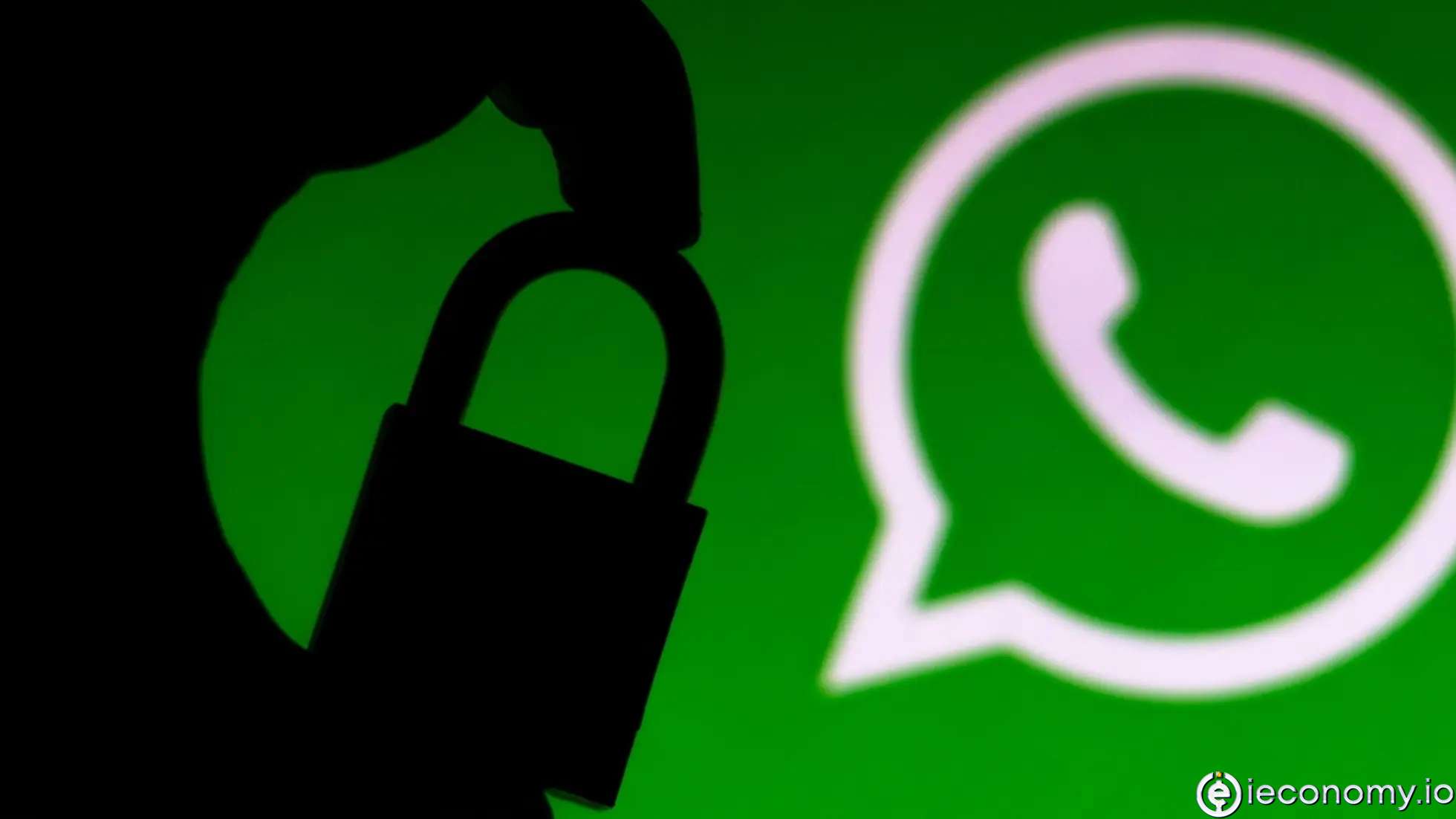3267
0
Whatsapp is promoting full encryption for the chat service
After the controversy over its new usage rules, Whatsapp is promoting full encryption for the chat service.

Yazar: Tom Roberts
Yayınlanma: 15 Haziran 2021 10:28
Güncellenme: 2 Mart 2026 21:41
Whatsapp is promoting full encryption for the chat service
After the controversy over its new usage rules, Whatsapp is promoting full encryption for the chat service. The Facebook-owned company is launching an advertising campaign in Germany and the UK, which are among its key markets. The short promotional videos emphasize that content sent on WhatsApp is basically only visible in clear text to the users involved thanks to the so-called end-to-end encryption. Whatsapp had to struggle with criticism and a churn of users in the past few months after the announcement of new usage rules. The trigger was the assessment that with the update, which came into force in mid-May, more data should be shared with the parent company Facebook. Whatsapp rejected this as a misunderstanding and repeatedly emphasized that the end-to-end encryption, with which the service itself does not have access to content, will not be weakened. Whatsapp boss Will Cathcart admitted errors in the announcement of the new rules. "We have to communicate clearly what we are doing and why." Whatsapp missed this. "We didn't get any clearer until we saw the confusion. It's our responsibility," said Cathcart. Whatsapp had planned an advertising campaign for end-to-end encryption in advance. But after the controversy of the past few months, Whatsapp has even more reasons to talk about it. In the meantime, the vast majority of users who have already been asked to agree to the new rules have accepted them, said Cathcart. He did not give exact numbers. Originally, users who do not agree to the new rules should lose access to basic functions over time. In the meantime, they no longer face any consequences. Only the new functions for communication with companies will only be able to be used after approval of the update. According to Whatsapp, they were the main reason for changing the terms of use. Whatsapp had already rejected the announcement in January that more data would be shared with the mother. However, the introduction of the new provisions was postponed by more than three months to May 15 following criticism and a migration of users. At the same time, Whatsapp itself emphasized that the exchange of messages with companies is different than with family or friends.İLGİLİ HABERLER





European stocks soared and focus shifted to German retail sales after Powell's speech!

Forex Signal For TRY/USD: Inflation Slowdown in November.

Forex Signal For GBP/USD: Bullish Trend Still Not Breaking While Recovery Continues.

Forex Signal For EUR/USD: Starry US Data Points to Higher Fed Increases.

Forex Signal For BTC/USD: Downside Continues as Bitcoin Recovery Moves Less.
En Popüler Haberler
Yorum Yap
Yorumlar
Henüz yorum yapan yok! İlk yorumu siz yapın...